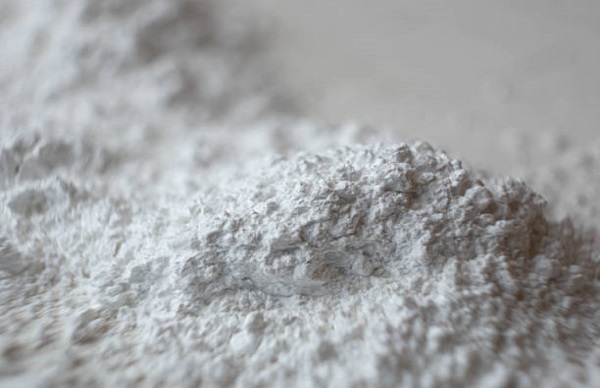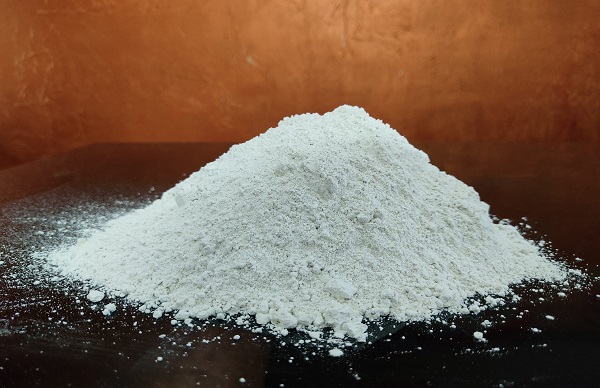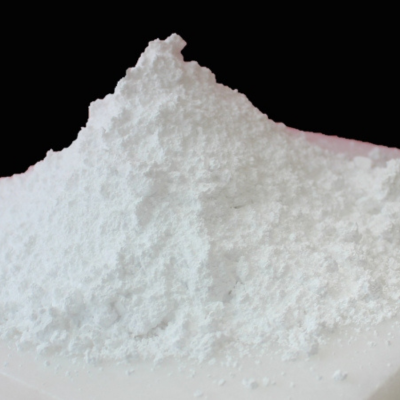
How to use Calcium Carbonate Powder
October 8, 2024
What happens When Calcium Carbonate reacts with water
October 8, 2024Calcium Carbonate Powder Supplier is a widely used compound found in various products, including antacids, food additives, and construction materials. It is composed of calcium, carbon, and oxygen, represented by the chemical formula CaCO₃. Understanding whether calcium carbonate is biodegradable is essential, especially as environmental concerns regarding waste and pollution continue to rise.
Understanding Biodegradability
Biodegradability refers to the ability of a substance to break down naturally through the action of microorganisms, such as bacteria, fungi, and other living organisms. Biodegradable materials decompose into simpler, non-toxic substances, returning nutrients to the environment and minimizing pollution. Conversely, non-biodegradable materials persist in the environment, contributing to pollution and environmental degradation.
The Nature of Calcium Carbonate
Calcium carbonate occurs naturally in limestone, marble, and chalk. In its natural state, calcium carbonate is not harmful to the environment. It can break down into carbon dioxide and calcium oxide under certain conditions, such as high temperatures or in the presence of acidic environments. However, this process is not considered biodegradation in the traditional sense.
When calcium carbonate is used in products like plastics or other materials, it can enhance their properties, such as strength and durability. These applications, however, often involve combining calcium carbonate with non-biodegradable substances. As a result, the overall product may not be biodegradable, even if calcium carbonate itself can decompose under specific conditions.
Calcium Carbonate in the Environment
In terms of environmental impact, calcium carbonate can be considered relatively eco-friendly compared to many synthetic compounds. When it enters the environment, it can contribute to the natural carbon cycle. For example, when calcium carbonate dissolves in water, it releases calcium ions, which can be beneficial for aquatic life and ecosystems. This process can help maintain pH levels in natural waters, supporting healthy aquatic habitats.
Additionally, calcium carbonate is often used in agriculture as a soil conditioner. It helps improve soil structure and pH, promoting healthy plant growth. When used in this manner, calcium carbonate not only supports agricultural practices but also contributes positively to the environment.
The Role of Calcium Carbonate in Waste Management
Calcium carbonate also plays a crucial role in waste management processes. It is often used in wastewater treatment facilities to neutralize acidic waste streams and assist in the removal of heavy metals. By aiding in the precipitation of these contaminants, calcium carbonate helps to mitigate pollution and protect water quality. This function underscores its value in promoting a healthier environment.
Conclusion
In summary, calcium carbonate itself is not biodegradable in the conventional sense, especially when used in combination with other materials that may be non-biodegradable. However, it does possess certain environmentally friendly properties and can break down under specific conditions. Its natural occurrence and role in supporting ecosystems and agriculture make it a valuable compound. Furthermore, its contribution to waste management processes highlights its importance in mitigating environmental impact.
As en vironmental concerns continue to grow, it is essential to understand the materials we use and their potential impacts on our planet. While calcium carbonate may not be biodegradable, its eco-friendly characteristics make it a preferred choice in many applications. Companies like Sudarshan Group are committed to providing high-quality calcium carbonate products while emphasizing sustainability and environmental responsibility. By choosing products that consider both performance and environmental impact, we can make a positive difference for future generations.



